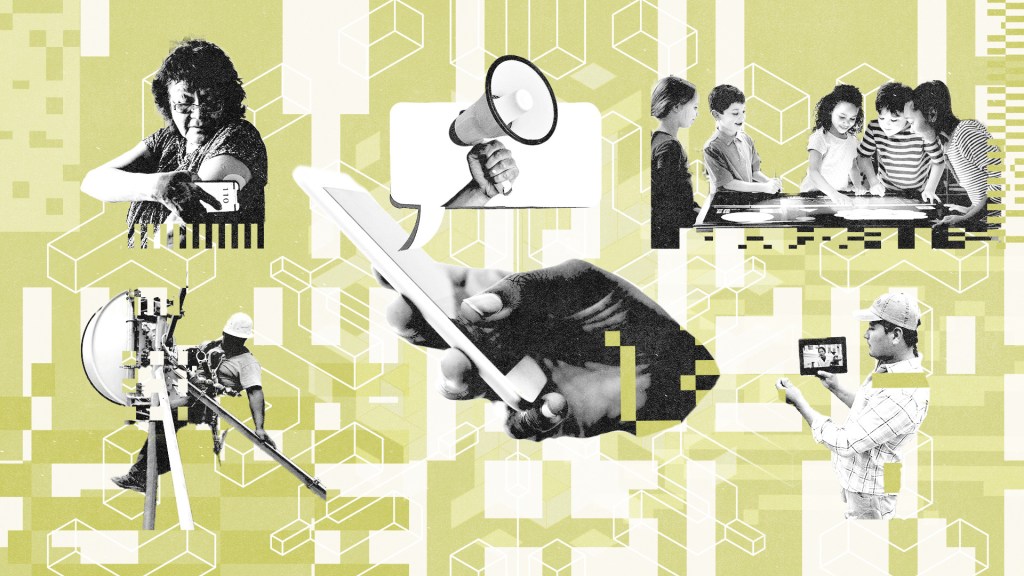Strategy

Our digital infrastructure—the code, policies and standards that power the technology that permeates every aspect of life, such as hospitals, banking and social media—is under-maintained and undermined in ways that favor corporate and government interests over the needs of the public. To ensure digital infrastructure prioritizes the public interest, we need increased awareness of current threats, institutions that are equipped to support its maintenance and governance, and a larger pool of developers and contributors will exist to increase diversity, talent, and perspectives in the technical foundations of the internet.
Open Source as a modern public good
Open source is the free, public code that powers our digital infrastructure and a free and open internet. This modern public good needs regular upkeep and maintenance, just as physical infrastructure does. Because open source does not belong to any one person or group, it isn’t any one person’s job to maintain, leading to volunteers taking on the role. Without steady, reliable maintenance the field faces risks: the digital equivalent of a crumbling road or a collapsing bridge. Building toward a more diverse and well-funded ecosystem for critical digital infrastructure. Furthermore, building equitable infrastructure that serves everyone means ensuring that equity is centered in the community that builds and maintains it.
Digital Infrastructure Research Program
A grant program to support new research into the sustainability, maintenance and security of open source infrastructure.
Outreachy
A paid open source internship program open to anyone who faces under-representation, systemic bias, or discrimination.
Sustain
A community for individuals and organizations concerned with the fragile state and future of open source infrastructure.
CHAOSS
Developing metrics, practices, and software for making open source projects healthier, more sustainable and equitable.
Internet Standards, Protocols and Governance
The internet is a complex system of computers, networks and devices. It works because of the standards and protocols that allow all of these things to interoperate. While this may seem like an uninteresting technical problem, it has major ramifications for equity and justice. How these protocols, standards and governance mechanisms are designed can have a widespread impact on the safety, security and privacy of billions of technology users around the world. Until recently, these decisions were largely left up to governments and private companies. But in recent years, and with Ford Foundation support, civil society has a growing voice in shaping these important decisions.
Article 19
Team Digital at Article 19 represents civil society and the public interest at every major standards body.
ACLU
The ACLU is a leading voice for privacy and security centric design of critical internet standards and protocols.
Center for Democracy and Technology
CDT maintains a comprehensive focus on internet standards issues and publishes a newsletter on the topic.
Web Accessibility Initiative
WAI develops strategies, standards, and supporting resources to help make the Web more accessible to people with disabilities.
Powering a Public Interest Internet
It’s not just code and standards that help build an equitable internet. There are also new critical nonprofit institutions that make a more equitable internet a reality. These are organizations solving important public interest infrastructure problems and expanding civil society’s role in the digital infrastructure we rely upon.
Internet Security Research Group
ISRG has radically changed the security of the internet by providing free means by which websites can provide secure connections to visitors.
Open Observatory of Network Interference
OONI’s global network of internet measurement and local partners provide actionable information to help fight internet interference and censorship.